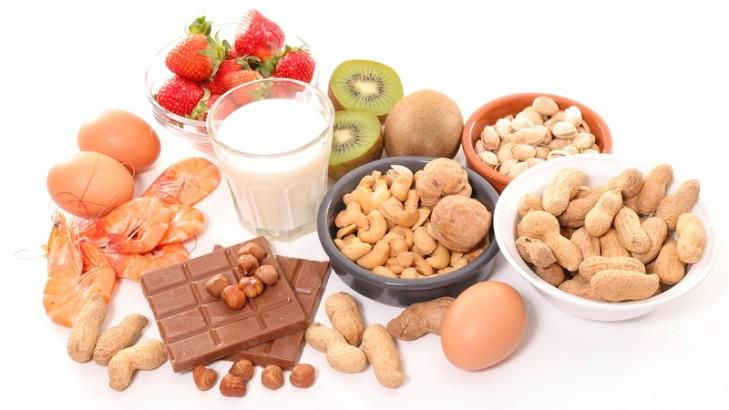

FREQUENTLY ASKED QUESTIONS
Babies and allergies: Top 8 allergenic foods
With any new food, you’ll want to be on the lookout for any allergic reactions.
There are more than 160 foods that can cause allergies; Some foods may be more allergenic than others. The following eight foods and food groups are known to cause problems with allergic reactions up to 90% of the time.
You may want to wait until your child is older to try some of these foods, especially peanuts.
In fact, many experts suggest waiting until your child is 3 years old before trying peanuts. Also, ask your pediatrician questions about any foods you’re unsure about.


Food allergy symptoms often appear very soon after the food is eaten, within a few minutes to a few hours. If you’re introducing a new food to your baby, watch for the following symptoms:
- Hives or welts
- Skin flushing or rash
- Swelling of the face, tongue or lips
- Vomiting and/or diarrhea
- Coughing or wheezing
- Shortness of breath
- Loss of consciousness
If you notice mild symptoms, such as hives or rash, contact your pediatrician for further evaluation. Once your child’s specific allergies are identified, the doctor will come up with a plan of action to control allergies (usually eliminating foods from your child’s diet) and deal with the symptoms. incidental contact.
Remember, just because your child’s initial allergic reaction to a new food may be mild, it can get worse with subsequent exposures. Talk to your pediatrician about any food allergy symptoms in your child.
Some allergies will go away over time.
Egg and milk allergies usually go away as children get older, but peanut, tree nut, and shellfish allergies tend to persist.
It is not necessary for mothers to drink formula milk. If you keep a healthy and balanced diet, you don’t need formula for your mother.
However, dietary studies have shown that many women have poor diets below the recommended levels of what is needed. Simply increasing your food intake is not the answer, as the quality of the food may not provide the essential nutrients needed by mother and baby.
To help improve the diet of pregnant mothers, maternal formula can help provide key nutrients important during pregnancy such as folic acid, calcium, vitamin D, iron and essential fatty acids. Milk is also a great source of protein and calcium, all of these vitamins and minerals will help your baby grow and develop properly.
If you are concerned about your diet, you should see an obstetrician for further advice.
Eating two servings is not necessary as the daily recommendation is about 2000 calories per day and an additional 200 calories in the last trimester. Eating too much can cause too much weight gain during pregnancy and can cause gestational diabetes as well as complications during birth.
For example, a large baby can lead to a long labor and possibly even a cesarean section. Plus, your child has a higher risk of developing diabetes and obesity later in life.
For more information, consult an obstetrician and gynecologist who can give individualized advice as each mother may have different requirements.
It is especially important to eat healthily while breastfeeding. Breast milk is very nutritious and contains most of the nutrients your baby needs during the first 6 months of life. The amount of certain nutrients in your diet can affect their presence in breast milk. So it’s important to eat a variety of nutritious, whole foods to ensure that you and your baby get all the nutrients you need.
Here are some foods that can improve your diet and breast milk quality
• Fish and seafood: Salmon, seaweed, shellfish and sardines.
• Meat: Beef, lamb, pork and organ meats, such as liver.
• Fruits and vegetables: Berries, tomatoes, cabbage, kale, garlic and broccoli.
• Nuts: Almonds, walnuts, chia seeds, hemp seeds and flax seeds.
• Other foods: Eggs, oats, potatoes, quinoa, buckwheat and dark chocolate.
At this stage, babies should only be fed breast milk or formula if necessary.

According to many health and breastfeeding experts, you should wait until your baby is about 6 months old before introducing solid foods. The American Academy of Pediatrics and the World Health Organization also recommend that babies be exclusively breastfed for the first 6 months of life.
Your baby’s readiness to eat solid foods depends on the maturity of his digestive tract.
Six to eight months seems to be the ideal time to avoid any illnesses or health risks, however, each baby’s development can be different.
